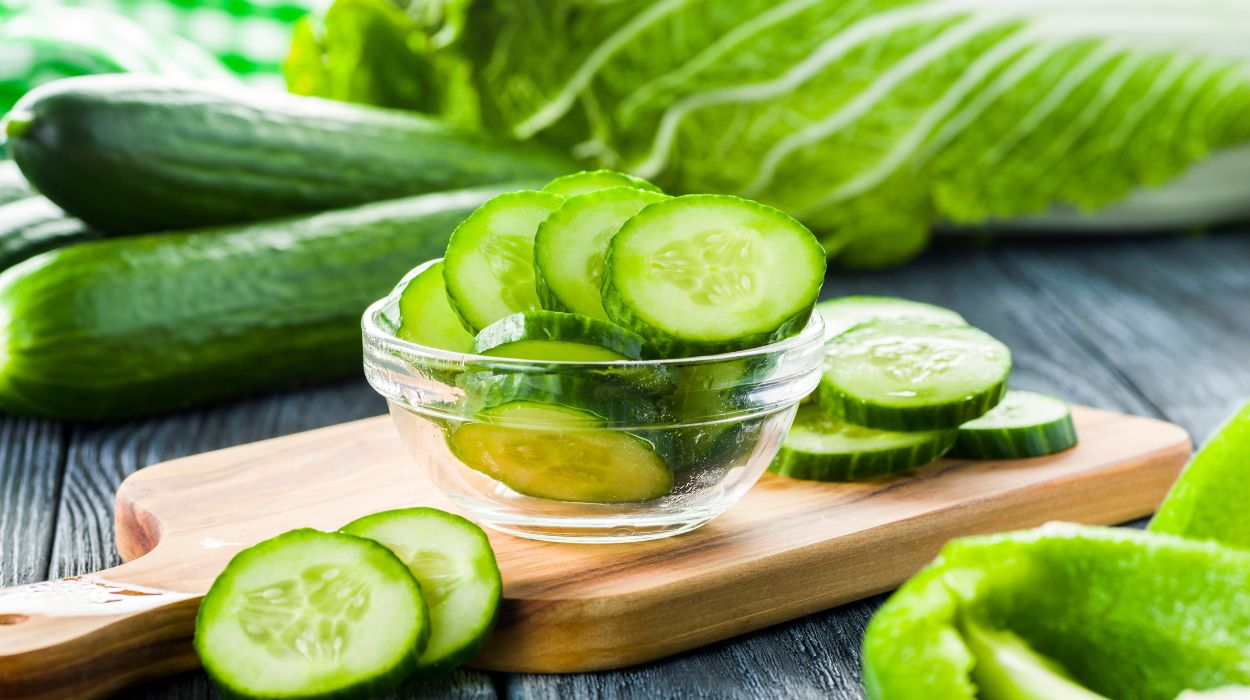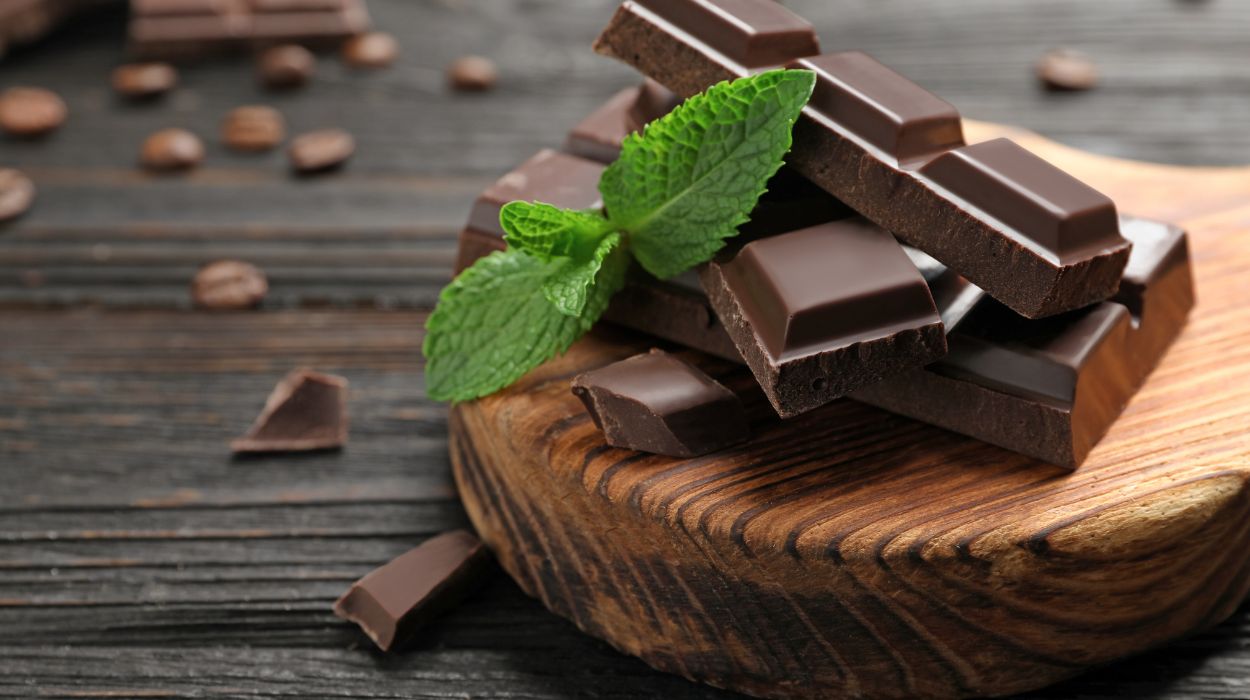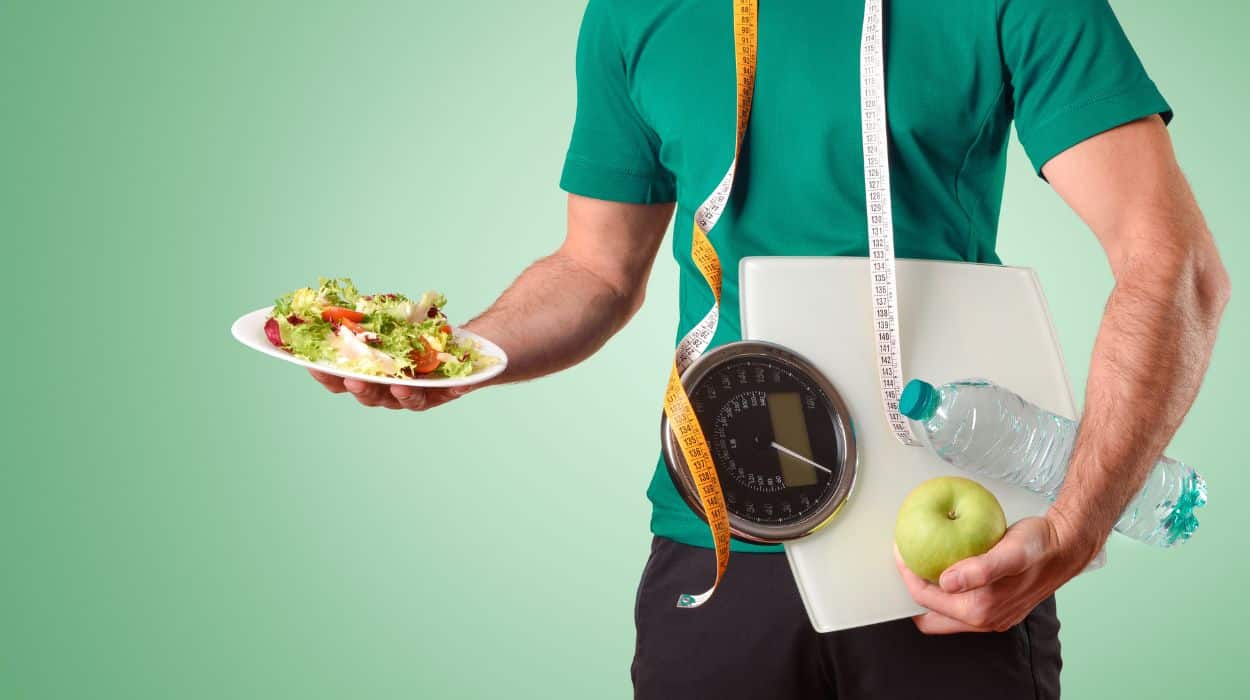Achieving successful weight loss requires a personalized approach that involves a combination of a balanced diet and lifestyle modifications, tailored to one’s unique physiological needs and metabolic profile. Although these modifications may differ from person to person, effective weight loss is achievable with the right food choices. Contrary to popular belief, weight loss is not solely reliant on fewer calories.
Several dietary strategies have been demonstrated to be effective for weight loss, including reducing carbohydrate intake, increasing fiber consumption, and selecting certain foods while limiting others. When embarking on a weight loss journey, it is crucial to make informed food choices that support weight loss.
Here is a list of 13 good foods to eat to lose weight items and additional tips to assist you in your weight-loss endeavors.
Healthy Foods To Eat To Lose Weight
- Beets
- Cucumbers
- Nopal cactus
- Quinoa
- Cruciferous vegetables
- Gourmet mushrooms
- Celery
- Nuts and seeds
- Fermented foods
- Avocado
- Sea vegetables
- Dark chocolate
- Animal proteins
Best Foods To Eat To Lose Weight
Beets
This root vegetable, in its many colors—red, gold, white, or striped—is high in both antioxidants and fiber. These are great nutrients for supporting burn fat and weight loss. Studies also show[1] that beet greens are especially beneficial for weight loss.
Beets are also high in a nutrient called nitrate. Studies show[2] this nutrient can have a very beneficial impact on some markers in people with obesity.
Cucumbers

The vegetable famous for amazing pickles is also well-known for having a healthy impact on blood sugars. Imbalanced blood sugar can be one of a handful of factors that lead to weight gain.
According to a clinical nutrition study[3] eating cucumber could help reduce the production of unhealthy fats in the body in people who are body fat.
Nopal Cactus
Also called “tuna” or prickly pear cactus, this American cultural food and supplement is closely tied with supporting blood sugars and promoting healthy weight loss.
As a vegetable, nopal cactus is one of high-fiber foods. One study[4] on obese women showed that eating nopal improved both gut health and metabolism, which could eventually lead to healthier weight.
Quinoa (Or Amaranth)
Whole grains and complex carbohydrates are known to be incredibly few calories. One of the healthiest of these you can eat is quinoa and its close relative grain, amaranth.
An animal study[5] on quinoa showed that consumption of the grain helped reduce obesity. The ancient grain had a beneficial effect on gut, brain, and liver health.
Cruciferous Vegetables
Cruciferous vegetables (also called Brassica vegetables) include broccoli, kale, cabbage, kohlrabi, radishes, and many other popular types of produce.
In addition to being fiber- and antioxidant-rich to support a healthy weight, studies show[6] these vegetables also contain a compound called brassing. This compound, upon closer look, had an effect of reducing obesity-causing inflammation in this study.
Gourmet Mushrooms
Mushrooms like oyster, shiitake, lion’s mane, maitake, portobello, and more are shown by modern research[7] to be rich in all the right nutrients to encourage burn body fat in healthy weight loss.
These nutrients include fiber, proteins, vitamins, minerals, and some antioxidants. However, mushrooms also contain compounds called polysaccharides that are shown to support a healthier metabolism and reduce inflammation.
Celery
This popular soup vegetable has also become a favorite addition to juices, smoothies, and green superfood supplements to support weight loss. But is there any science behind the hype?
Studies do show[8] that celery has an anti-obesity effect, no doubt thanks to the antioxidants and high levels of fiber it contains.
Nuts And Seeds
Seeds and nuts will always reign supreme as one of the healthiest snack foods you can incorporate into your diet.
Because nuts and seeds like sunflower, almonds, or peanuts are so high in fiber (along with healthy plant-based fats), research does suggest[9] that they could be effective for people looking to lose weight, in part because of how they support gut health. Another study[10] also showed a direct correlation between smaller waist circumference and regular nut consumption.
Fermented Foods
A healthy gut can be a powerful gateway to natural weight loss. One of the best ways to boost gut health is through more probiotics, which many fermented foods can provide, studies show[11]—like yogurt, kefir, pickles, kimchi, sauerkraut, and more.
Research on animals shows[12] that probiotic bacteria like Bacillus or Bifidobacterium,[13] both commonly found in a lot of fermented foods, can have a healthy impact on obesity-related parameters that lead to weight loss.
Avocado
High in healthy fats, fiber, and amino acids, avocado is a great food choice for including in a weight loss diet. One study showed[14] that adults who ate avocado regularly were less likely to gain body weight and more likely to lose it.
Sea Vegetables
Sea vegetables like algae, seaweed, and kelp are incredibly nutrient-dense, in some cases containing vitamins and minerals not commonly found in land vegetables.
Some research[15] has shown that certain types of sea vegetables have protective effects against factors that could be associated with belly fat, meaning they could support healthy weight loss.
Dark Chocolate

When chocolate is low in sugar yet high in percentage of cacao, this makes it “dark” chocolate and a very good source of antioxidants. These antioxidants could support fat burning.
Studies also show[16] that cacao proteins could help lower white fat amounts in animal test subjects.
Animal Proteins (Fed Their Natural Diet)
It’s not all plant-based foods that could be good for fat burning.
Certain animal-based proteins, especially from animals fed their natural diets (like organic-fed and humanely raised), can yield products that are rich[17] in antioxidants like coenzyme Q10 which are shown[18] to combat obesity.
This includes grass-fed butter or organ meats, humanely raised eggs, and more.
What Food Is Bad For Losing Weight?
Eating a diet rich in the above foods will certainly bring you many steps closer to sustainable weight loss. That said, which foods should you steer clear of?
Be sure to avoid or completely cut out the following:
- Sugar
- White flour products
- Processed foods
- Alcohol
- Simple carbohydrates
- Trans fats
Tips To Follow While Eating Food For Healthy Weight Loss Plan
The more whole, nutrient-dense, and sustainably grown the foods you eat are, the more likely they will contain the vitamins, minerals, antioxidants, and other phytochemicals shown in studies to support your weight loss.
Be sure to source your food as fresh and naturally grown (or raised) as possible.
Conclusion
There is a vast selection of plant-based nutritious foods that are considered beneficial for weight loss; however, this list is not exhaustive. A diet consisting of a diverse range of fruits, vegetables (including sea vegetables), grains, nuts, seeds, and humanely sourced animal proteins is generally recommended as the optimal dietary approach for promoting weight loss.
Frequently Asked Questions
There is no “best food of all” for weight loss, or specific food that is better than all others for supporting weight loss.
That said, all the foods listed in this article are much better for you and for weight loss than any other foods high in sugar, simple carbs, trans fats, or processed ingredients.
Everyone is different, and eating more of these foods could definitely bring you many steps closer to successful weight loss. However, these foods are more likely to support your weight loss goals if you also exercise, manage stress, avoid inflammation-causing foods, and pursue other lifestyle goals that also help weight loss.
If your diet is also made up of a good variety of these different foods, it’s more likely you will experience healthy and successful weight loss. Be sure to speak with your doctor or professional nutritionist about what foods seem like the best fit for you and your weight loss goals.
Consuming foods that are high in fiber, antioxidants, amino acids, probiotics, and beneficial fatty acids, such as omega-3 fatty acids, can promote weight loss. In general, plant-based foods, including mushrooms, are the most suitable sources of these nutrients, including fruits, vegetables, grains, nuts, and seeds. Nevertheless, certain animal-based foods, like fermented dairy products and animal proteins from animals that consumed their natural diet, such as grass-fed butter or organ meats, can also be incorporated in moderation to enhance the overall nutritional profile of the diet.
 Expert's opinion
Expert's opinion
